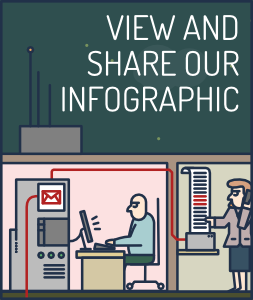Styrkan med att vara fler
Varje person som motsätter sig massövervakning via kryptering gör det enklare för andra att också stå emot. Personer som normaliserar användandet av stark kryptering bidrar till multipla kraftfulla effekter: det innebär att de som behöver kryptering som mest, som visselblåsare och aktivister, har en bättre chans att lära sig om kryptering. Fler personer som använder kryptering leder till att det blir svårare för övervakningssystem att sortera ut de som inte kan kosta på sig att bli hittade, och visar solidaritet med dessa människor
Personer som du respekterar kanske redan använder kryptering
Många journalister, visselblåsare, aktivister och forskare använder GnuPG, så dina vänner har kanske omedvetet hört om en del personer som redan använder det. Du kan söka efter "BEGIN PUBLIC KEY BLOCK" + nyckelord för att hjälpa till att göra en lista på personer och organisationer som använder GnuPG och som din gemenskap troligtvis känner till.
Respektera dina vänners integritet
Det finns inget objektivt sätt att avgöra vad som är integritetskänslig korrespondens. Därför är det bättre att inte bara ta för givet, för att du tycker ett mejl är harmlöst, att din vän (eller en övervakningsagent för den delen!) tycker på samma sätt. Visa dina vänner respekt genom att kryptera din korrespondens med dem.
Privacy technology is normal in the physical world
In the physical realm, we take window blinds, envelopes, and closed doors for granted as ways of protecting our privacy. Why should the digital realm be any different?
We shouldn't have to trust our email providers with our privacy
Some email providers are very trustworthy, but many have incentives not to protect your privacy and security. To be empowered digital citizens, we need to build our own security from the bottom up.
![[GNU Social]](http://static.fsf.org/nosvn/enc-dev0/img/gnu-social.png)
![[Pump.io]](http://static.fsf.org/nosvn/enc-dev0/img/pump.io.png)
![[Reddit]](http://static.fsf.org/nosvn/enc-dev0/img/reddit-alien.png)
![[Hacker News]](http://static.fsf.org/nosvn/enc-dev0/img/hacker-news.png)



